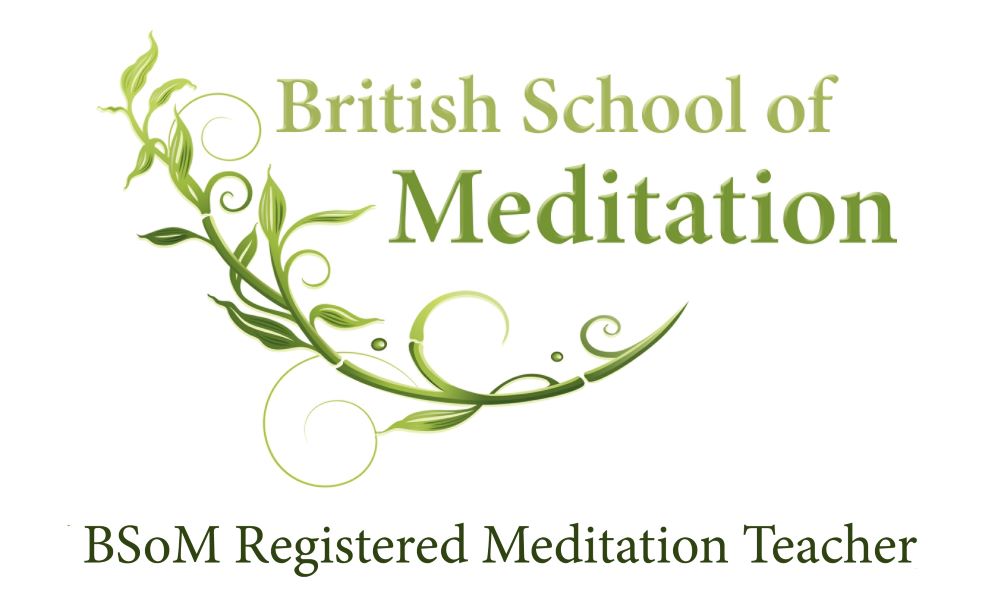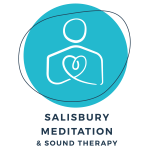The history of meditation and how it has developed
Meditation has evolved over thousands of years and is connected with many different religions and cultures.
Starting with early man – the first evidence of meditation can be found in cave drawings where pictures suggest shamanistic meditation was used to heal the sick. It has also been suggested that early man started meditating when staring into the flames of fires, which can create a trance like state.
Hinduism – The next evidence of meditation in history is documented in ancient Hindu scriptures called Tantras. These were written approximately 5,000 years ago and meditation is still at the core of the Hindu religion.
Buddhism – Buddhism was created by a royal prince – Gautama Siddhartha who lived around 500 BC. After discovering the life of poverty and illness beyond his castle walls, he rebelled against a life surrounded by luxury and privilege. He went on a journey of discovery, leaving his family behind to seek spiritual enlightenment. He found this whilst sitting under a Banyan tree and started to share his knowledge and understanding to share the enlightenment with others. Meditation is at the centre of Buddhism.
Christianity – the first monks of the Christian religion were Desert Fathers who lived in the desert areas of the Middle East, in approximately the second century AD. They left the busy lives of ordinary men and dedicated their lives to creating a quiet sanctuary within the desert. They saw meditation as a way into the soul. The monks’ wisdom, teachings and guidance were passed through generations by St Benedict (born 480 AD). Meditation is extensively used within Christian communities despite suppression by the Roman Catholic Church in the 16th Century.
Judaism – Kabbalistic Meditation was created around 1000 AD, established through the Jewish Mystics where it was thought to enhance awareness of higher planes of consciousness. The intention is to make people the true carriers of the light of God. Kabbalah meditation continues to grow and is thought to create peace and happiness through connection with God. The aims of this meditation are to bring joy, love and understanding to everything the person does or thinks.
Sufis and Islam – At a similar time to the creation of Kabbalistic Meditation, the Sufis (followers of the pious form of Islam) started meditation as part of a personal connection and experience of God. Within the Islamic faith, Sufism has maintained the spiritual and mystical traditions and focused on personal piety (combination of religious devotion and spirituality often creating humility). Over the years, techniques including mental and at times physical exercises focused on developing a connection and communion with God were passed down by individual Sufis.
Transcendental Meditation (TM) – Originating from the ancient Hindu traditions, this became widespread by the Maharishi Mahesh Yogi who visited the UK in 1959, as part of their purpose to circulate the concept of TM around the world. A lot of people became aware of TM when The Beatles were introduced to it during the 60’s.
Mindfulness – Originating from Buddhism and Zen, mindfulness has been growing in popularity since the 1970’s, but it seems to have had a particular boost more recently with more and more people becoming aware of it. Jon Kabat-Zinn created a Mindfulness Based Stress Reduction (MBSR) program, which research is showing is helping people to cope better with stress, pain or illness. Meditation is used within mindfulness to improve people’s experiences of daily life with meditation focusing on the present moment.
So what type of meditation do we practice?
At Salisbury Meditation our meditation practices are not linked to religion or particular movements. We teach a variety of types of meditation so that you can find the best methods to suit you. Having trained and qualified with the British School of Meditation (link) we explore a variety of meditations.
We often hear: “I am not a yogi, hippy or religious, so I am not sure if it is for me.” You don’t need to be a yogi, hippy or religious to benefit from meditation. We teach a secular form of meditation which anyone can do! You also don’t need to practice yoga, wear lycra or be a bendy person to practice meditation and feel the benefits. Similarly you don’t need to sit cross legged or on the floor. As a beginner we start by sitting in a supportive chair or lying on the floor – it is up to you and however you are most comfortable.

Claim Your special offer ‘mindfulness meditation beginners online or in person session’ or book a relaxing soundbath
To claim yours now, simply click on the orange button below and then chose the option that suites you best on the next page
